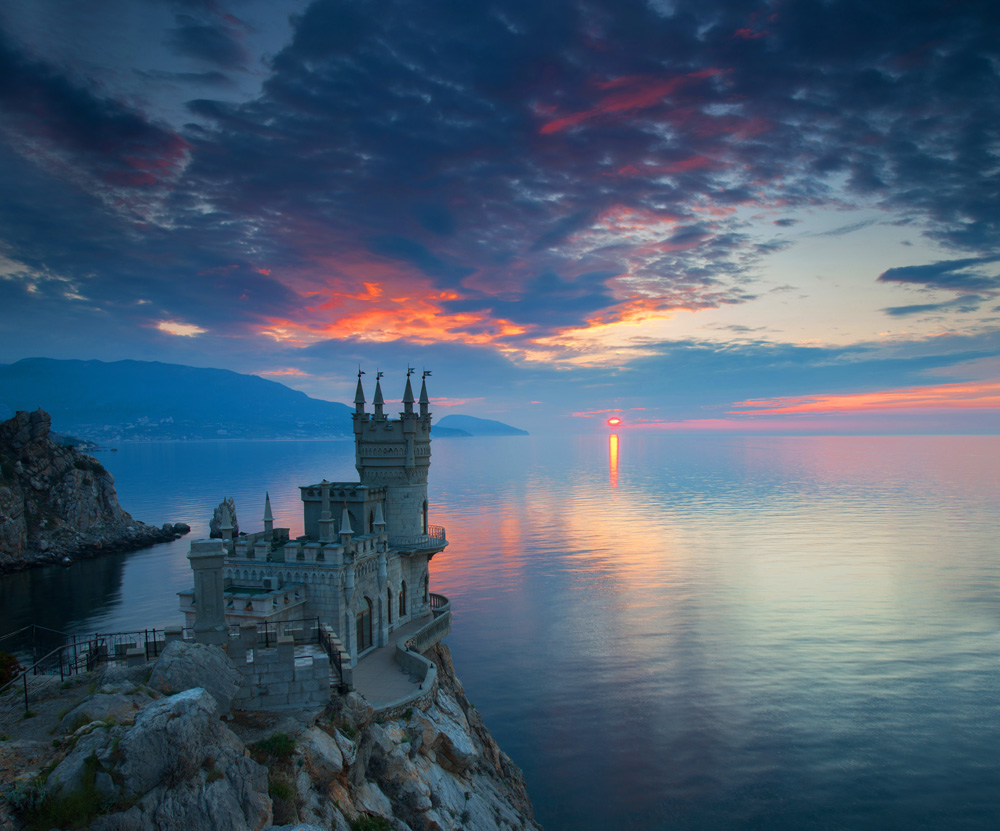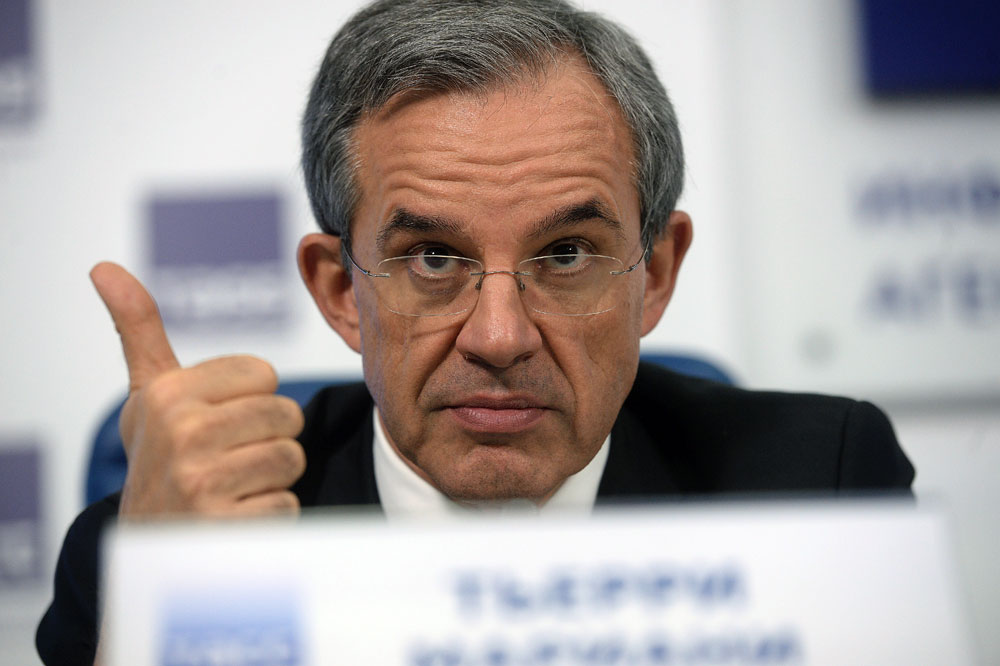Italy’s Veneto region calls to lift EU sanctions against Russia

The Veneto regional council "urges the Italian authorities to review aspects of foreign policy of the EU on the Crimean issues."
Shutterstock / Legion MediaParliamentarians in Italy’s northeastern region of Veneto, whose administrative center is Venice, have passed a resolution calling for recognition of the results of the controversial 2014 referendum establishing Crimea as part of Russia, as well as for lifting sanctions against Moscow.
Twenty-nine members of the council voted in favor of the resolution on May 18, while nine voted against, one abstained from voting and three were absent.
The text of the resolution says its authors refer to Italy’s constitution and the international law envisaging the right to self-determination of people.
The Veneto regional council also "calls on the Italian government, the national parliament and the EU institutions to review the relations between the EU and Russia" and "urges the Italian authorities to review aspects of foreign policy of the EU on the Crimean issues."
“The vote on the resolution in the regional Veneto council and other political processes… they all show that the process of the anti-Russian propaganda in the context of Ukraine has not only reached an impasse but also is trying to unwind in the opposite direction and work against those who started it,” Russia’s Foreign Ministry spokesperson Maria Zakharova told the Izvestiya daily newspaper.
However, Vygaudas Usackas, the head of the EU Delegation to Russia, played down the vote, pointing out that the resolution has a recommendatory nature.
"Any restrictive measures or sanctions against our neighbors are in nobody's interests. However, the resolutions of the Veneto regional council or the National Assembly of France are of a recommendatory nature and not mandatory for implementation," Usackas said on the Vesti FM radio station on May 19.
‘Pragmatic relations’ a priority
Russian mass media were swift to react to the vote, with Sergei Utkin from the Center for Situation Analysis at the Russian Academy of Sciences stressing in an interview with the Kommersant business daily that the resolution won’t have a direct influence on Italian nor EU’s foreign policy, since issues of international relations are beyond the competence of regional councils.
“Nevertheless, this case adds to the bank of confidence that the number of people in EU will grow who may or may not agree with the official positions of Russia on Ukraine, but place priority on pragmatic relations,” he said.
He also drew attention to the fact that the Italian government had earlier demonstrated a more lenient position towards Russia than other European countries.
“Though I don’t have a feeling that Italy would take the leadership in a movement for the lifting of sanctions, in this sense they’ll try to act cautiously,” he said.
‘The voice of common sense’
Alexei Martynov, director of the pro-Kremlin think tank International Institute of the Newest States, believes the European parliamentarians’ vote has great symbolic value and compromises European solidarity.
“The voice of common sense is sounding in Europe, and this is positive,” he said.
He also noted that the Venetian regional parliament does not have the competence or jurisdiction needed for these sorts of questions, and European bureaucrats will not listen to either regional councils or the national parliaments of some of the countries making similar statements.
However, Martynov believes the Venetian initiative could have some serious consequences.
“It will lead to many European states starting to run independently, at the least in questions considering sanctions policy and other suchlike, since it directly affects their national, economic interests. Therefore so-called European solidarity is at risk,” he said, specifying that European bureaucrats owe their authority to this solidarity.
Read more: Russia among top 10 countries most visited by foreigners>>>
Subscribe to get the hand picked best stories every week
All rights reserved by Rossiyskaya Gazeta.
Subscribe
to our newsletter!
Get the week's best stories straight to your inbox
